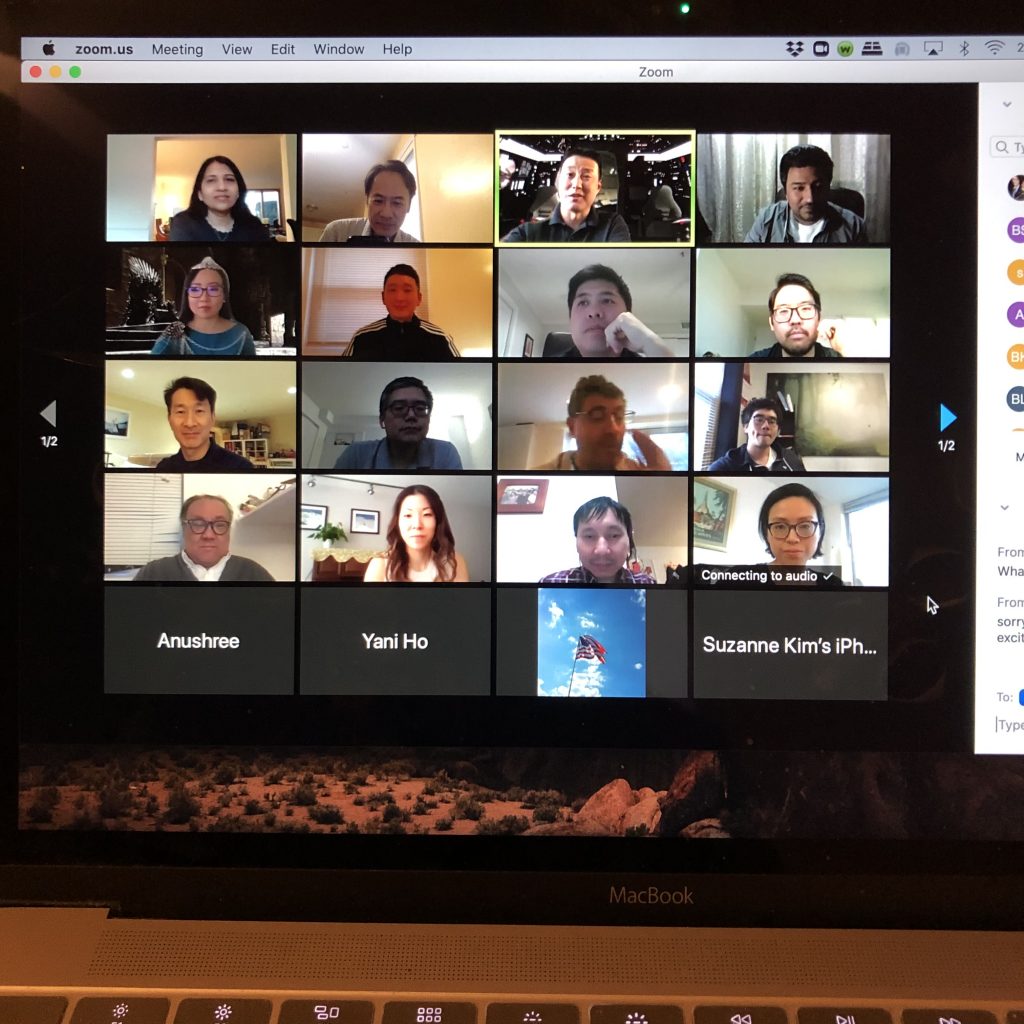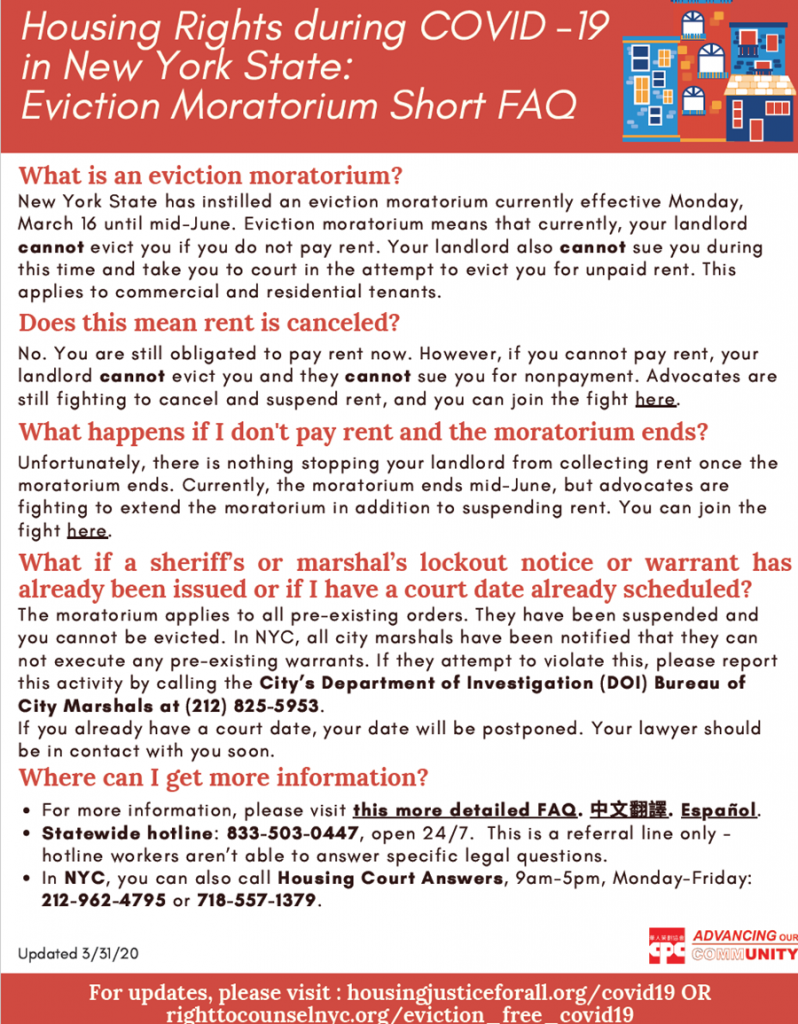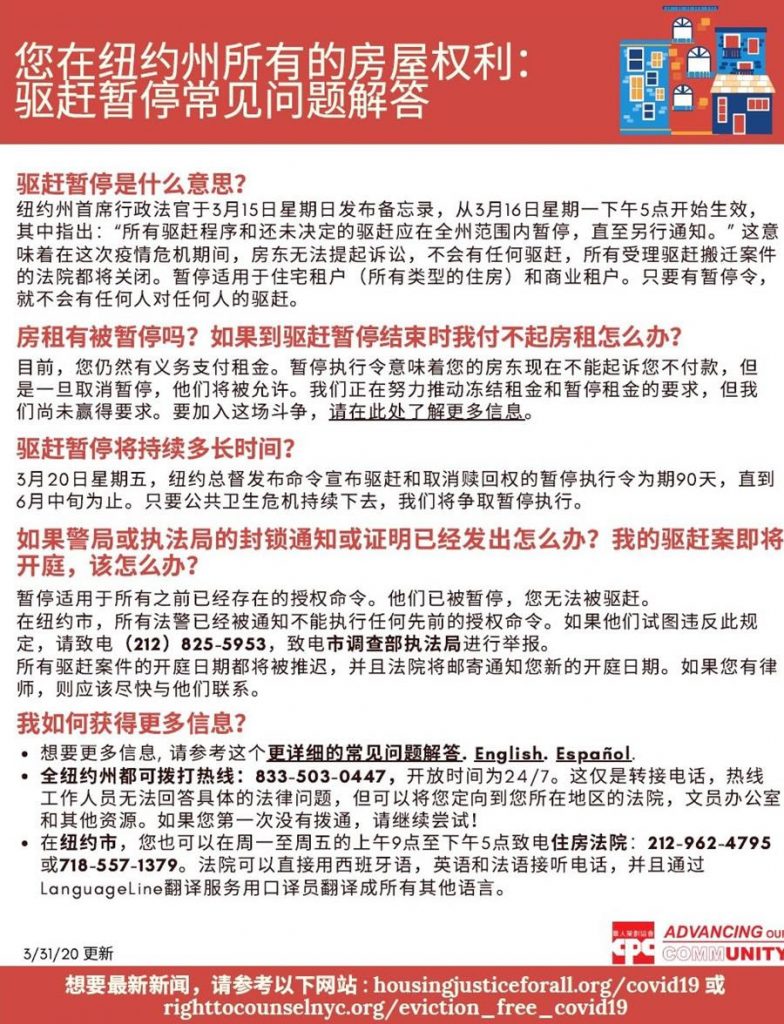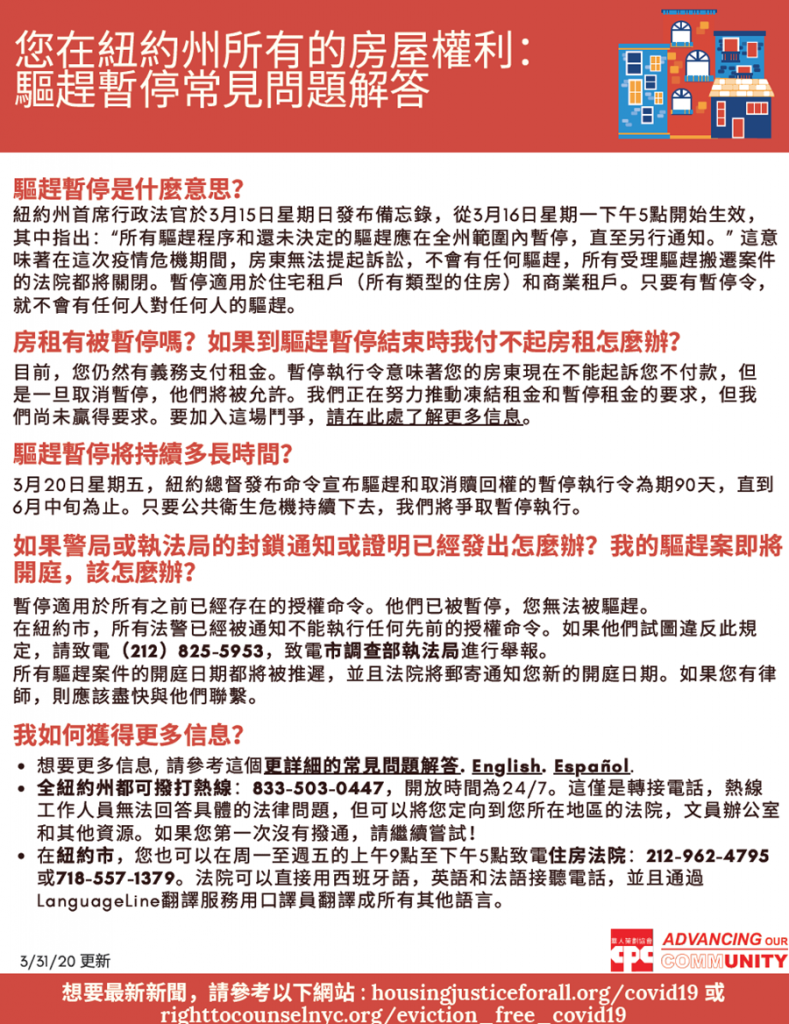On Tuesday, March 31, 2020, the National Council of Asian Pacific Americans (NCAPA), a coalition of 34 national Asian Pacific American organizations, held a community briefing call over Zoom on the topic of increased anti-Asian rhetoric in the wake of the COVID-19 outbreak. Community leaders on the call were joined by legislators serving on the Congressional Asian Pacific American Caucus (CAPAC) including Representative Judy Chu (CA-27), Representative Mark Takano (CA-41), Representative Ted Lieu (CA-33), and Senator Kamala Harris of California.
Mr. Gregg Orton, the National Director of NCAPA, began by addressing efforts undertaken by NCAPA to address the increasing prevalence of anti-Asian rhetoric. Mr. Orton addressed NCAPA’s creation of a COVID-19 Task Force which aims to aggregate community resources online for the Asian American community in addition to building an emergency response network. NCAPA is also currently developing an online health form with crowdsourced in-language community health resources.
Legislators serving on CAPAC spoke at-length about the alarming rise of xenophobic attacks and racist sentiment directed against members of the Asian American community. All four legislators condemned the rhetoric of top administration officials such as President Donald Trump and Secretary Mike Pompeo in labeling COVID-19 as the “Chinese Virus” or the “Wuhan Virus” as the use of these terms only exacerbate concerns of discrimination. In fact, Representative Chu, the Chair of CAPAC, addressed recent high profile incidents of physical attacks directed against Asians and estimated roughly 1,000 reports of hate crimes in the last five weeks alone.
Moreover, all four legislators pointed to the efforts that were being undertaken in Congress to stand in solidarity with the Asian American community such as Representative Grace Meng’s (NY-6) recent resolution “Condemning all forms of Anti-Asian sentiment as related to COVID-19” which has already garnered 130 co-sponsors. Senator Harris underscored the importance of cancelling ICE raids and following in Los Angeles and New York’s footsteps in setting up hotlines for reporting on hate crimes directed against Asian Americans. Representative Lieu addressed the problem of phone scams taking advantage of the elderly during this time and pointed to the FCC’s online guidelines for preventing these scams.
Additionally, Representatives Chu and Takano spoke extensively about the recent stimulus package that was passed and certain benefits that Asian business owners could make use of. In particular, they highlighted Small Business Administration (SBA) loans for companies with less than 500 employees in addition to direct cash assistance provisions sent to qualifying families. However, Representative Lieu noted that the recently passed stimulus package will likely not be enough and that a second bill is in the works. In that bill, Representative Chu hopes to focus on translating federal COVID-19 resources into AAPI languages and assisting both undocumented and legal immigrants who were not eligible for certain benefits in the initial stimulus package.
Finally, community leaders in the NCAPA network also addressed efforts that they have undertaken in light of COVID-19. Ms. Naomi Tacuyan Underwood, Executive Director of the Asian American Journalists Association (AAJA), elaborated on how AAJA has issued guidelines to major newsrooms across the country on responsible reporting regarding the spread of COVID-19. Additionally, Ms. Chiling Tong, President of the Asian/Pacific Islander American Chamber of Commerce and Entrepreneurship addressed the financial risks faced by its 2 million members. She encouraged Asian American members and businesses to apply for the FCA economic injury fund online.
Overall, multiple steps are being taken at the legislative, business, and grassroots level in order to combat xenophobia and support the Asian American community in this time of need. In order to see a full recording of the call, please click here. For additional ways you can help and get involved, please look below.
The National Council of Asian Pacific Americans (NCAPA), founded in 1996, is a coalition of 34 national Asian Pacific American organizations around the country. Based in Washington D.C., NCAPA serves to represent the interests of the greater Asian American (AA) and Native Hawaiian Pacific Islander (NHPI) communities and to provide a national voice for AA and NHPI issues. You can get in-touch with NCAPA by clicking here here.
For additional resources, please refer to NCAPA’s COVID-19 Response Toolkit, which includes sample social media graphics and posts, press coverage, and resources within and outside of our coalition. The resources include in-language resources for wellness and health, and various hate crime reporting tools. You can make a direct impact in your own respective circles and communities by regularly distributing and sharing NCAPA’s Toolkit.







